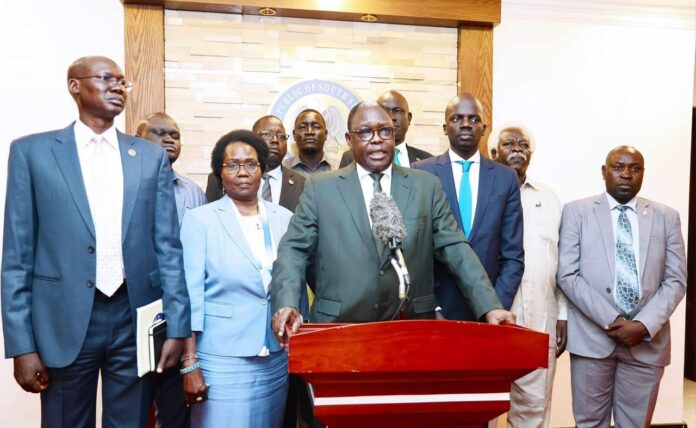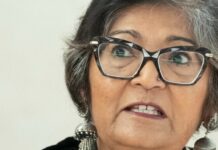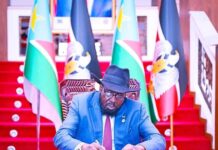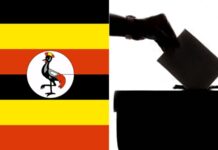South Sudan finds itself at a critical juncture, faced with the decision of whether to proceed with national elections in December or to postpone them to a later, yet-to-be-determined date. The leadership, including President Salva Kiir, his deputies, and leaders of major political parties, have agreed to seek technical advice from electoral institutions to assess the feasibility of conducting the upcoming elections.
This decision emerged from a high-level meeting chaired by President Kiir, during which the Peace High-Level Committee presented an update on the implementation of the peace agreement. The presentation highlighted various challenges that could impact the election timeline, prompting the leadership to consider the practicalities of holding elections as originally scheduled.
In a subsequent media briefing, Minister of Cabinet Affairs Dr. Martin Elia Lomuro explained that the government’s decision to seek expert guidance is intended to establish a realistic timetable for elections that all political leaders can agree upon. He stressed the importance of aligning the electoral process with the Revitalized Agreement on the Resolution of the Conflict in South Sudan (R-ARCSS), ensuring that any plans are consistent with the peace accord.
Lomuro also emphasized that the Nairobi Tumaini Initiative, a framework supporting the peace process, must be integrated with the R-ARCSS provisions. He made it clear that any elements of the initiative that do not align with the peace agreement will be removed, reflecting a unified commitment among the parties to ensure that the election process adheres to the established peace framework.
As South Sudan navigates this crucial decision, the country’s leadership is focused on ensuring that the electoral process is not only feasible but also in line with the broader goals of lasting peace and stability. The outcome of these deliberations will be pivotal in shaping the nation’s path forward.





